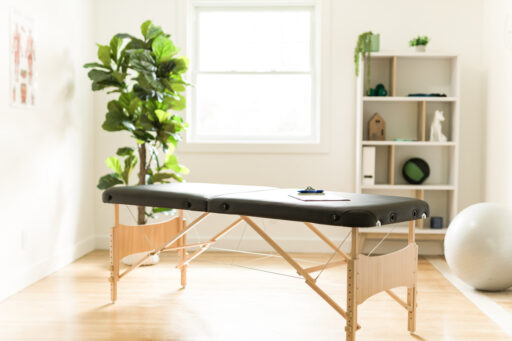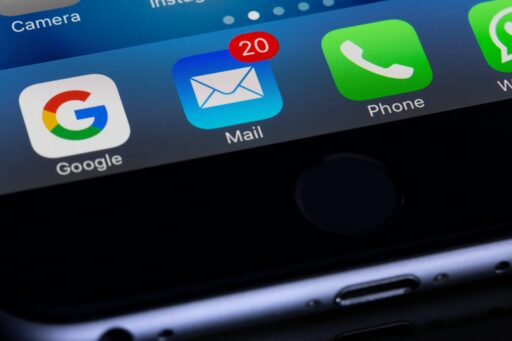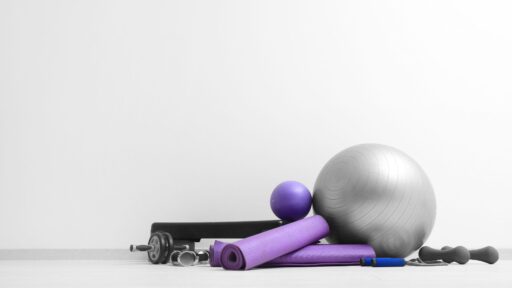Case of the Month
The Situation
Last spring, the College received a report about the conduct of a physiotherapist who’d violated a patient’s privacy. Without his knowledge or consent, the physio used her personal cell phone to record a video of her patient completing his physiotherapy exercise program. She then shared the video with a colleague; the PT was amused by the way her patient spoke.
In her written submission to the College, the PT recognized her actions were unprofessional. She indicated that she was terribly remorseful and ashamed of the poor decision she had made. She regretted her lapse in judgment.
The Standard
Regulated healthcare professionals uphold patients’ rights to confidentiality, privacy and dignity. These requirements are clearly set out in the College’s Code of Ethics, the Essential Competency Profile for Physiotherapists in Canada, the Health Care Consent Act and Personal Health Information Protection Act.
The physiotherapist acknowledged that as a regulated health care professional, she must be committed to the best interests of clients and society through ethical practice, support of profession-led regulation, and high standards of behaviour. She acknowledged her patient’s dignity and respect may have been jeopardized.
The Outcome
This is serious. In recording a video of her patient without his knowledge or consent, for purposes unrelated to the delivery of healthcare, the physio violated her professional obligations.
The physiotherapist has since received counselling. She says it has helped her develop strategies for dealing with her stress.
The PT claims she has insight into the gravity of the matter, and has taken steps to prevent it from happening again, but her conduct mandates a strong reaction. She’ll appear before a Panel of the Inquiries, Complaints, and Reports Committee to receive a caution.










Share Your Thoughts